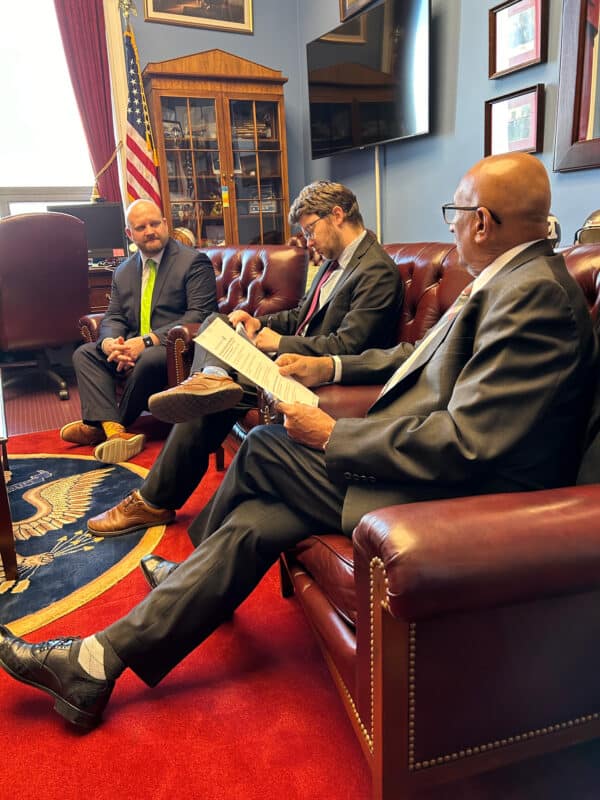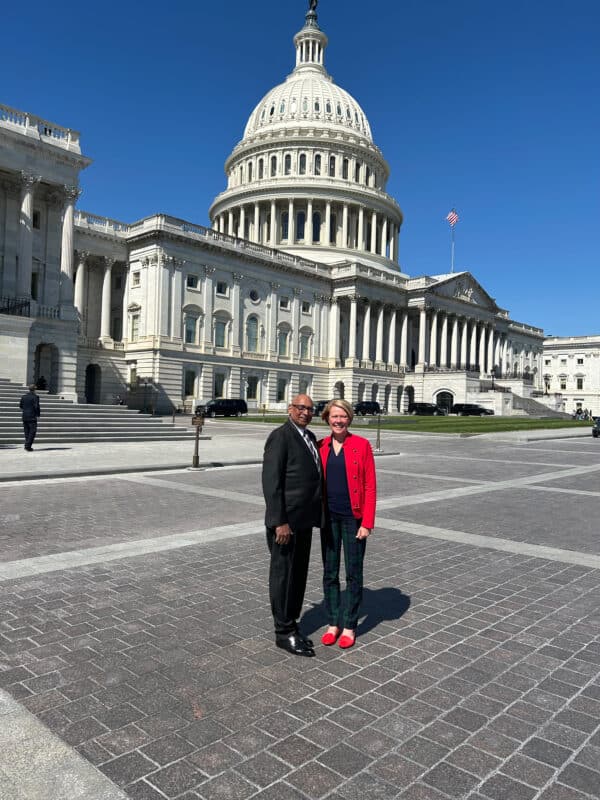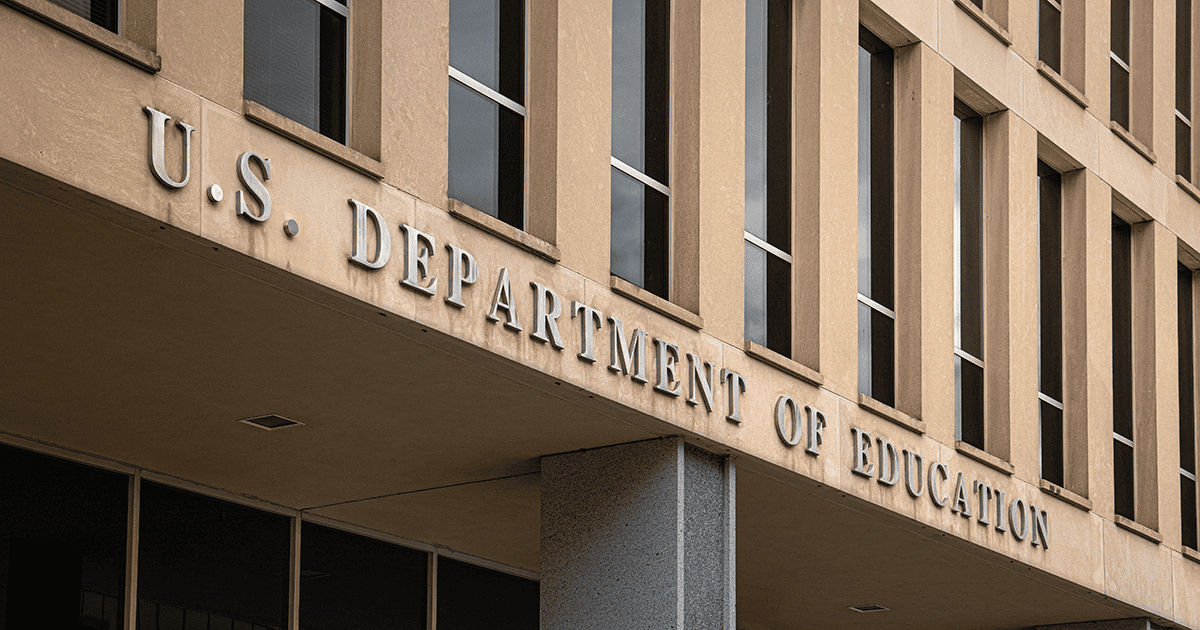On March 20, the Academy President Bopanna Ballachanda, PhD, teamed up with the president of the American Speech-Language-Hearing Association (ASHA) as well as the president of the Academy of Doctors of Audiology (ADA) on Capitol Hill to advocate for audiologists and the patients they serve. Specifically, this group of leaders met with multiple members of Congress to garner additional support for the Medicare Audiology Access Improvement Act (MAAIA).


This legislation will reclassify audiologists from “suppliers” to “practitioners,” allow audiologists to provide and be reimbursed for treatment services, and completely remove the physician referral requirement. This legislation will also add audiologists as practitioners in Federally Qualified Health Centers (FQHCs) and Rural Health Clinics (RHCs).
This legislation (S. 2377/H.R. 6445) aims to modernize how Medicare treats audiology. The legislation enjoys bipartisan support and also has been endorsed by the Hearing Loss Association of America (HLAA), the National Association of Rural Health Clinics (NARHC), the Hearing Industries Association (HIA), and the Vestibular Disorders Association (VeDA). The Academy, ASHA, and ADA have been working collaboratively to advance this legislation.
Recent Posts
CMS Sets Medically Unlikely Edit for Key Audiology Codes
The Centers for Medicare and Medicaid Services (CMS) has established a Medically Unlikely Edit (MUE) of two units per date of service for Current Procedural Terminology (CPT®) codes 92629, 92632,…
Allergies in U.S. Adults
Individuals who live in colder areas of the country may be eagerly awaiting the arrival of spring and its associated warmer weather. Others may be…
Securing Federal Loan Access for Audiology Students: Comments Close March 2
The Academy is pursuing a two-pronged strategy through Congress and the Department of Education to protect federal student loan access for AuD students. Both pathways…


